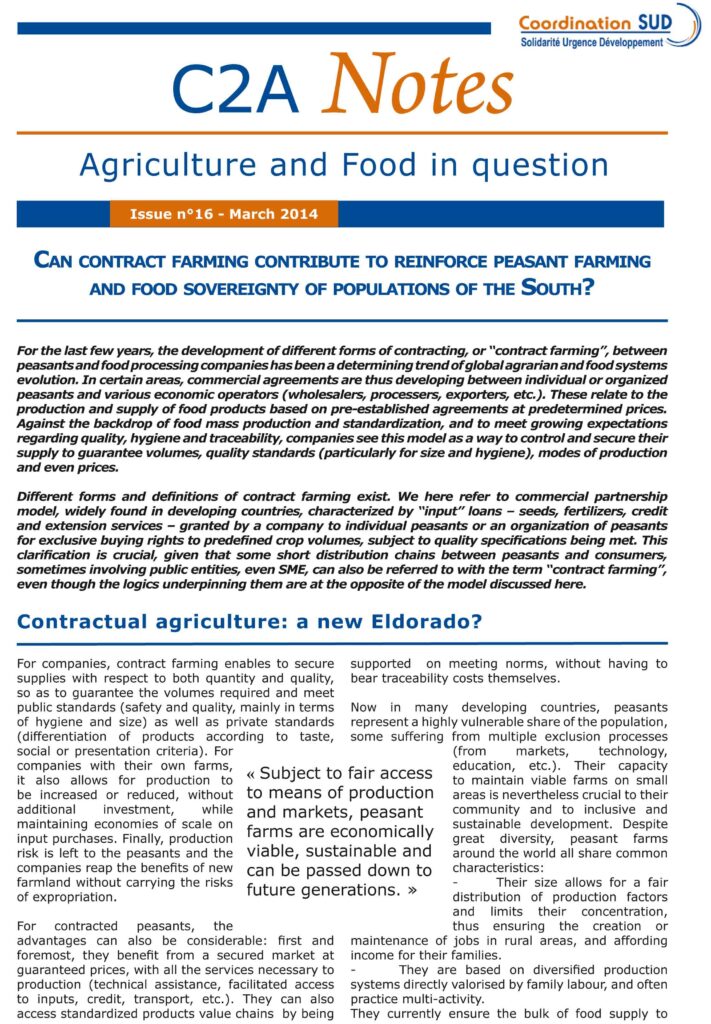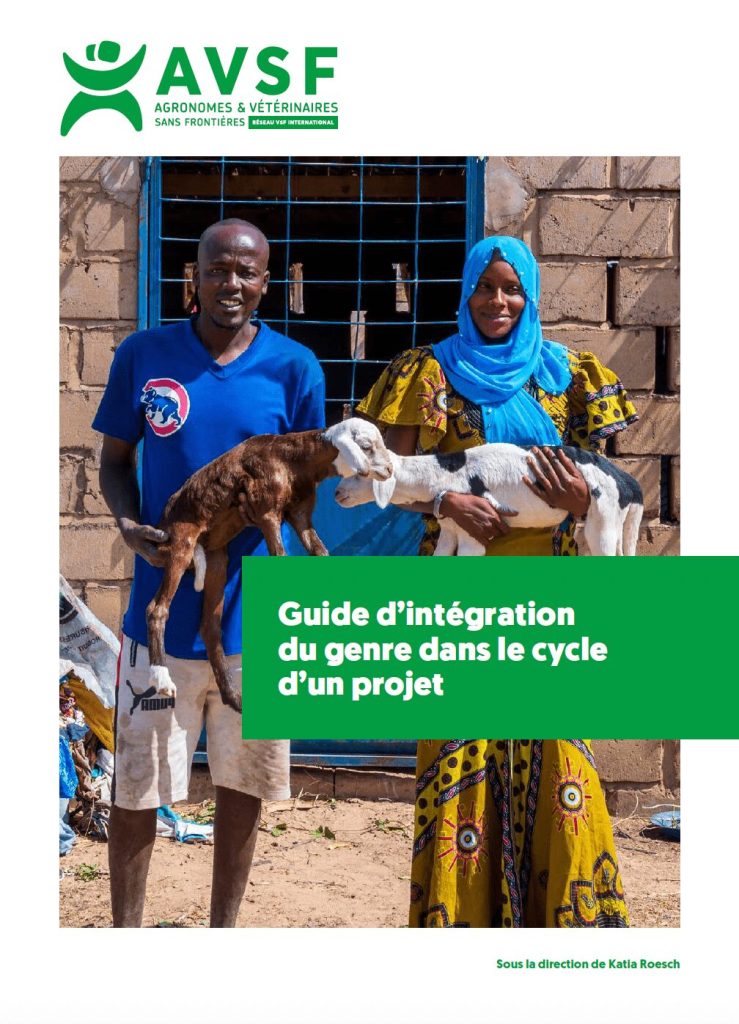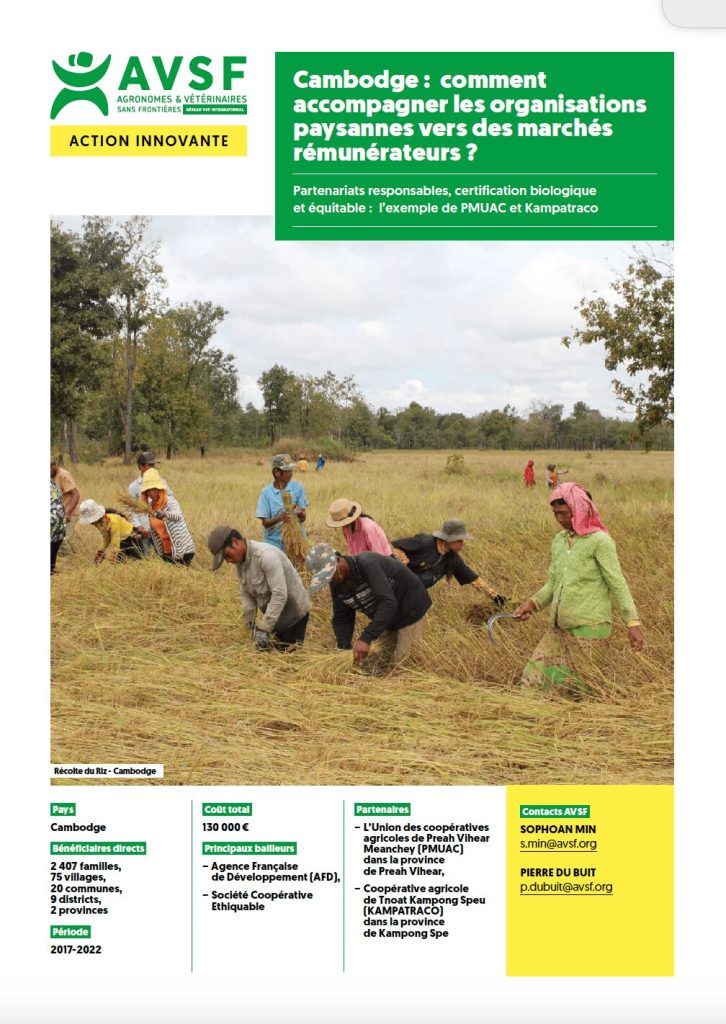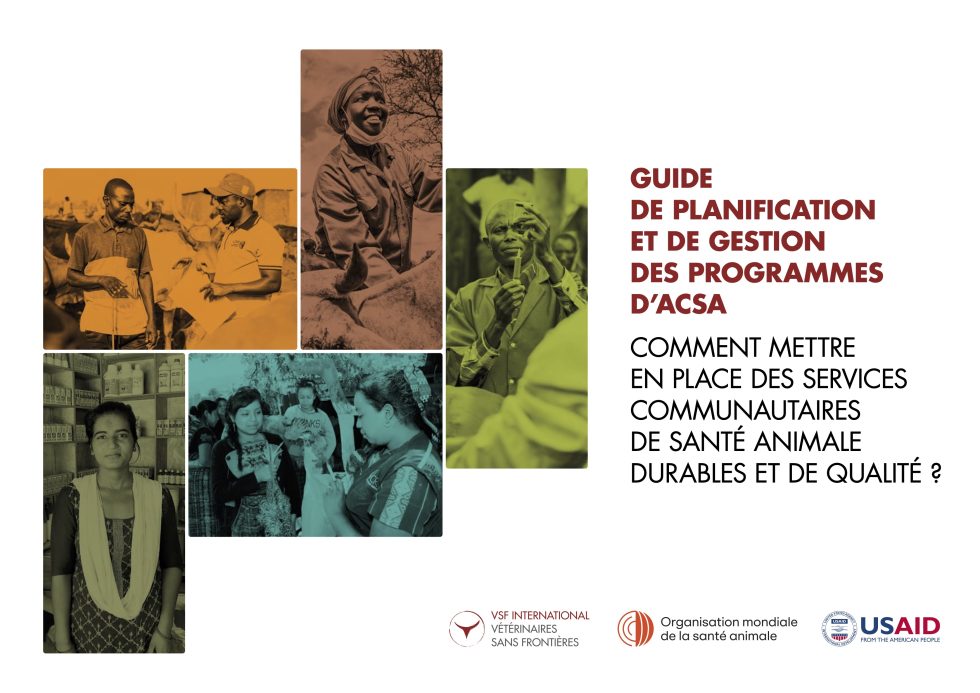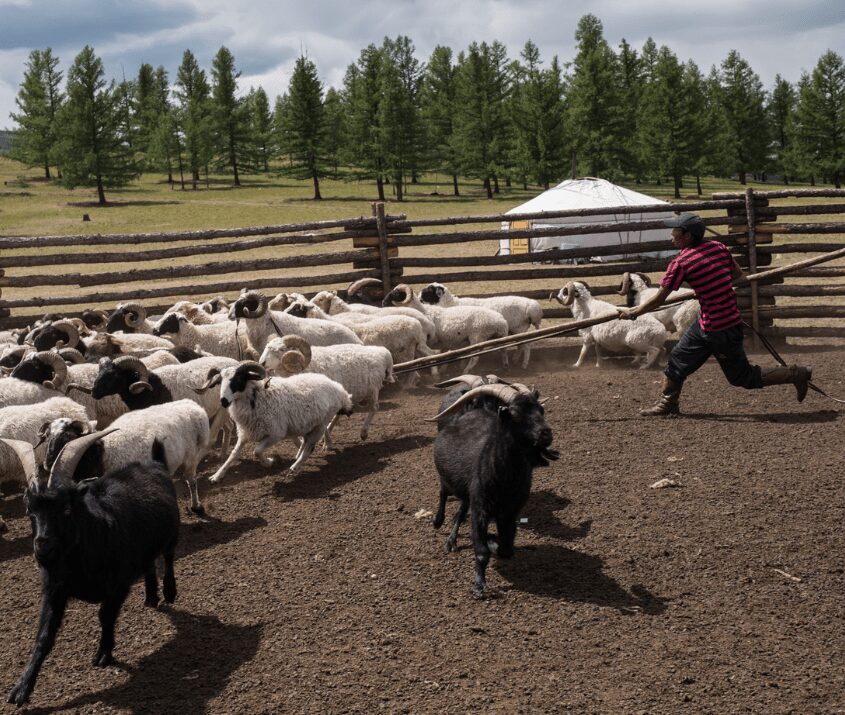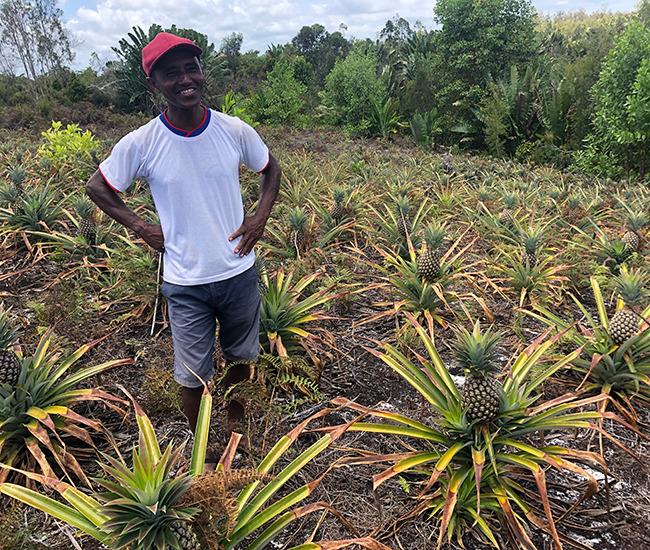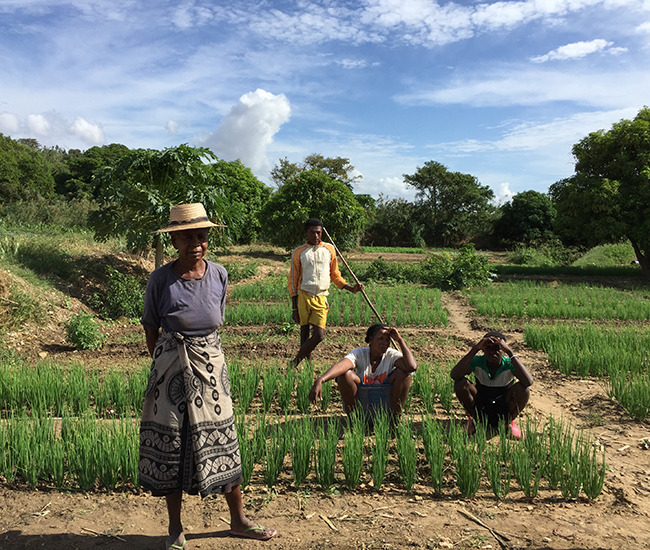Can contract farming contribute to reinforce peasant farming and food sovereignty of populations of the south?
For the last few years, the development of different forms of contracting, or “contract farming”, between peasants and food processing companies has been a determining trend of global agrarian and food systems evolution. In certain areas, commercial agreements are thus developing between individual or organized peasants and various economic operators (wholesalers, processers, exporters, etc.). These relate to the production and supply of food products based on pre-established agreements at predetermined prices. Against the backdrop of food mass production and standardization, and to meet growing expectations regarding quality, hygiene and traceability, companies see this model as a way to control and secure their supply to guarantee volumes, quality standards (particularly for size and hygiene), modes of production and even prices.
Different forms and definitions of contract farming exist. We here refer to commercial partnership model, widely found in developing countries, characterized by “input” loans – seeds, fertilizers, credit and extension services – granted by a company to individual peasants or an organization of peasants for exclusive buying rights to predefined crop volumes, subject to quality specifications being met. This clarification is crucial, given that some short distribution chains between peasants and consumers, sometimes involving public entities, even SME, can also be referred to with the term “contract farming”, even though the logics underpinning them are at the opposite of the model discussed here.
This paper was written by AVSF, member of the Agriculture and Food Commission (C2A) of “Coordination Sud” which brings together international solidarity NGOs working to realize the right to food and increase support for smallholder farming in policies that impact world food security.
